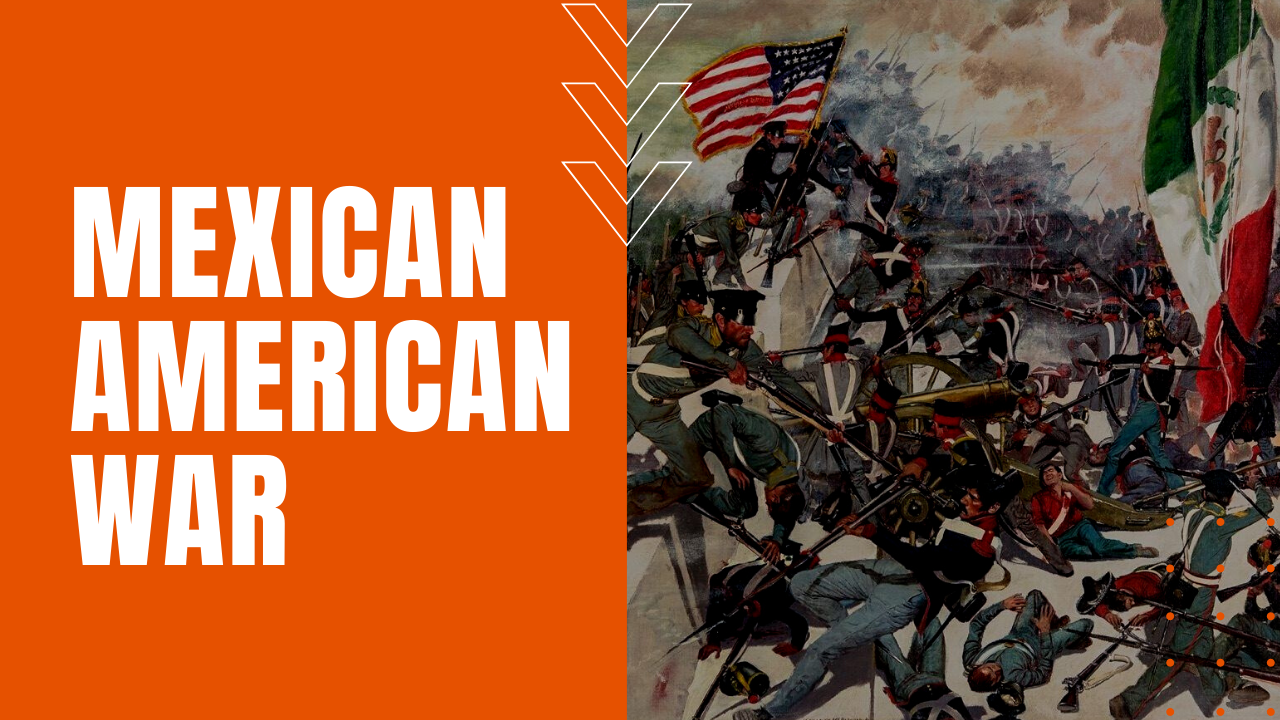Mexican American War

In the 1840s, America was still a fairly young country, and its people and politicians were hungry for westward expansion. President James K. Polk was especially eager to acquire more territory. His belief in Manifest Destiny—the idea that the United States had an inherent obligation to expand westward across the North American continent—further incentivized American pioneers to migrate west.
Pioneer motivations were many, from spreading religious dogma to striking it rich in business or simply setting out for a fresh start. The rush for westward expansion didn’t sit well with Mexico, who was already bitter about losing Texas to the U.S. after Texas won its independence from Mexico in 1836.
President Polk wanted California and New Mexico as well, and after he offered $30 million to Mexico for a possible land transfer, Mexico refused to sell. In light of his belief in Manifest Destiny, Polk refused to take no for an answer, sending in troops to occupy a disputed area of the Texas/Mexico border.
When American and Mexican troops clashed over the issue, Polk seized the moment to declare war on Mexico on May 13th, 1846. While the two-year conflict would see 21 major battles, Kit Carson participated in the conquest of California from Mexico, rising yet again to national acclaim when he walked fifteen miles barefoot to fetch re-enforcements from San Diego, after the disastrous Battle of San Pasqual.
Ultimately, Mexico proved ill-prepared for war, due to messy internal politics and a woefully under-trained army.
Who Won the Mexican American War?
After two years of fighting, Mexico was defeated, and in the Treaty of Guadalupe Hidalgo, Mexico ceded a third of her territory to the U.S. Ceded lands included modern day Utah, California, Nevada, Arizona and Texas, making the land transfer the largest single territorial expansion in the history of the United States.
The war further helped to solidify the reputations of many U.S. generals, including future President Zachary Taylor, as well as future Civil War titans, Robert E. Lee and Ulysses S. Grant.
